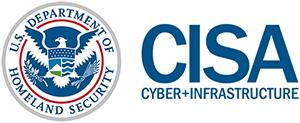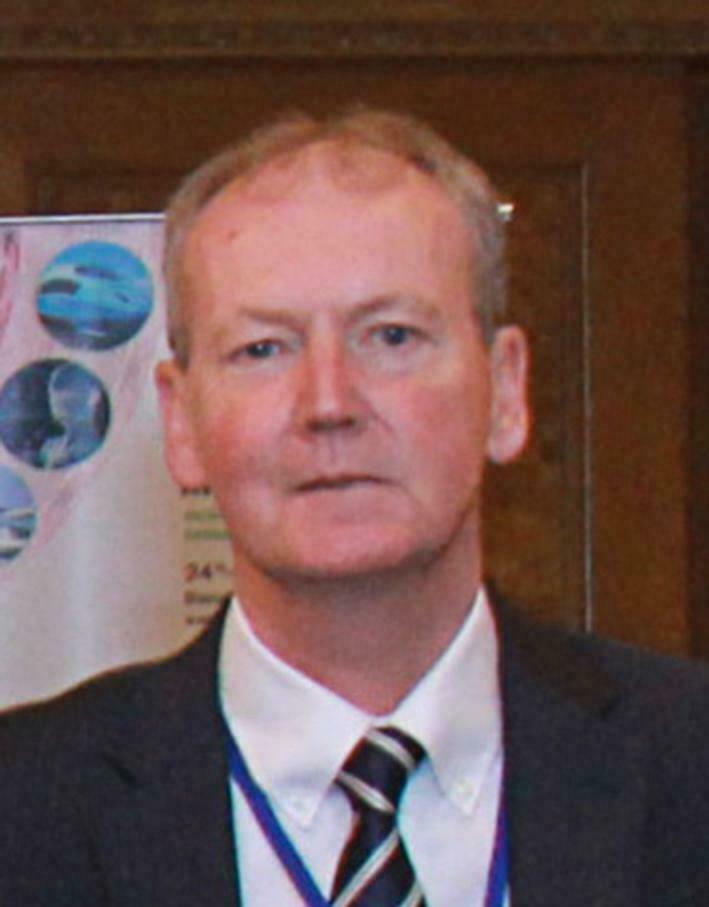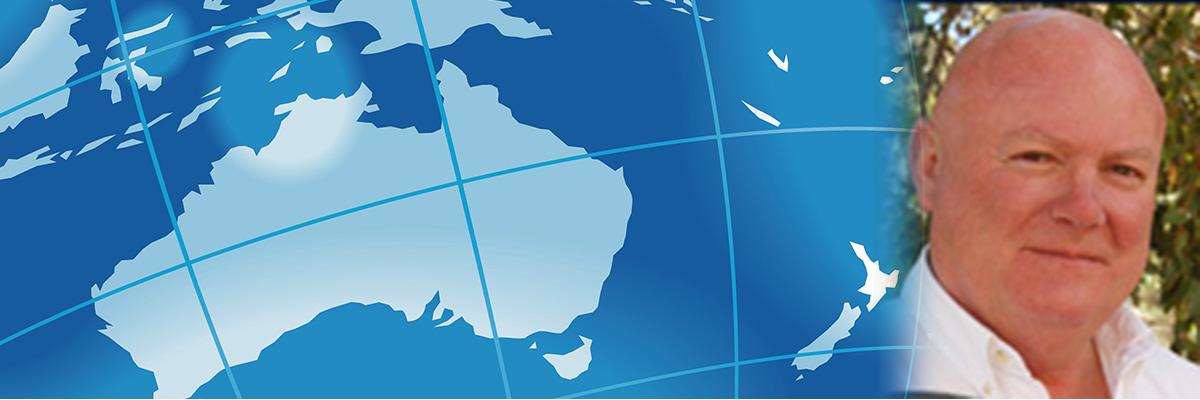CISA Releases Guidance on Essential Critical Infrastructure Workers During Covid-19

The Cybersecurity and Infrastructure Security Agency (CISA) released guidance to help state and local jurisdictions and the private sector identify and manage their essential workforce while responding to COVID-19.
As the Nation comes together to slow the spread of COVID-19, on March 16, the President issued updated Coronavirus Guidance for America. This guidance states that:
“If you work in a critical infrastructure industry, as defined by the Department of Homeland Security, such as healthcare services and pharmaceutical and food supply, you have a special responsibility to maintain your normal work schedule.”
CISA executes the Secretary of Homeland Security’s responsibilities as assigned under the Homeland Security Act of 2002 to provide strategic guidance, promote a national unity of effort, and coordinate the overall Federal effort to ensure the security and resilience of the Nation's critical infrastructure. The list of Essential Critical Infrastructure Workers was developed in coordination with Federal agencies and the private sector as a guide to help decision-makers within communities understand how to ensure continuity of essential functions and critical workforce as they consider COVID-related restrictions in certain communities (e.g., shelter-in-place). The list can also inform critical infrastructure community decision-making to determine the sectors, sub sectors, segments, or critical functions that should continue normal operations, appropriately modified to account for Centers for Disease Control (CDC) workforce and customer protection guidance. These critical functions include, but are not limited to, systems that support healthcare personnel (e.g., doctors, nurses, laboratory personnel, etc.), the food industry (e.g., retail groceries and pharmacies), communication providers (e.g., operator, call centers, IT data centers), defense systems support, law enforcement, public works, and other essential operations. Workers who support these critical functions are necessary to keep critical systems and assets working.
“As the nation comes together to slow the spread of COVID-19, everyone has a role to play in protecting public health and safety. Many of the men and women who work across our nation’s critical infrastructure industries are hard at work keeping the lights on, water flowing from the tap, groceries on the shelves, among other countless essential services,” said Christopher Krebs, CISA Director. “As the nation’s risk advisor, this list is meant to provide additional guidance to state and local partners, as well as industry, building on the President’s statement that critical infrastructure industries have a special responsibility to keep normal operations. We’re providing recommendations for these partners as they carry out their mission to keep their communities safe, healthy, and resilient. And on behalf of CISA, we thank the brave men and women who continue these essential jobs in challenging times.”
The list of Essential Critical Infrastructure Workers was developed using existing data and analysis, including publicly available analysis done by the President’s National Infrastructure Advisory Council in 2007. The list does not impose any mandates on state or local jurisdictions or private companies.
CISA will use this list to support federal, state, local, tribal, and territorial government response to COVID-19. To view the full list of Essential Critical Infrastructure Workers and to learn more about our efforts, visit www.cisa.gov/coronavirus.




 The Award was presented on behalf of the IACIPP by Mr Jeff Gaynor, CIPRNA Conference Committee Member.
The Award was presented on behalf of the IACIPP by Mr Jeff Gaynor, CIPRNA Conference Committee Member.





 Bill Bailey is currently a security management consultant working in the oil and gas industry predominately in Papua New Guinea. Bill also remains an Adjunct Senior Lecturer with Edith Cowan University, Security Research Centre, Perth, Australia after having taught in the Security Science Department, specialising in: counter insurgency, terrorism and countering terrorism, critical infrastructure protection, security management, physical security, security, health and safety, business continuity, strategic risk and emergency management.
Bill Bailey is currently a security management consultant working in the oil and gas industry predominately in Papua New Guinea. Bill also remains an Adjunct Senior Lecturer with Edith Cowan University, Security Research Centre, Perth, Australia after having taught in the Security Science Department, specialising in: counter insurgency, terrorism and countering terrorism, critical infrastructure protection, security management, physical security, security, health and safety, business continuity, strategic risk and emergency management.